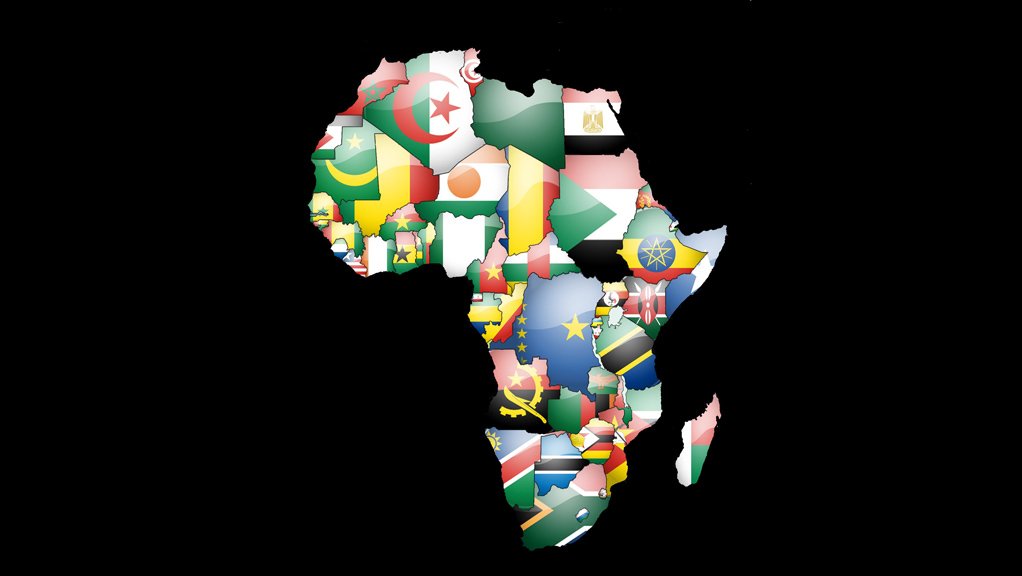Twenty million people in rural and urban areas of Africa have gained access to clean drinking water for the first time, thanks to African Development Bank (AfDB) projects.
According to the Water Project, sub-Saharan Africa loses 40 billion hours per year collecting water.
The World Health Organization said about 842,000 people are estimated to die each year from diarrhoea as a result of unsafe drinking water and poor sanitation and hand hygiene.
A recent report by the AfDB’s Independent Development Evaluation (IDEV) unit, which studied water projects carried out since 2005, provided key lessons for improving the bank’s water sector interventions and accelerating the longer-term transformation of Africa’s agricultural and health sectors.
IDEV conducted four evaluations related to the water sector: three project cluster evaluations (water supply and sanitation in both rural and urban contexts, and agricultural water management) and one water sector evaluation.
According to the AfDB, findings and lessons learnt between 2005 and 2016 covered more than 400 operations across the continent at a total project cost of US$8.2 billion.
The AfDB said beneficiaries were key to the success of the projects.
“The extent and quality of collaboration with local stakeholders matters. In Ghana, for instance, there was active participation by over 600,000 community members in the various project activities, thanks to raising awareness and understanding the demand-driven approach.”
The AfDB maintains that access to safe water and sanitation is particularly important in this time of the Covid-19 pandemic because the spread of the virus can be mitigated by good hygiene practices.
Agricultural water management can also help African farmers to optimise production and reduce the pandemic’s negative impact on food security and nutrition.
The report also identified some barriers to the success of a water sector intervention. According to the AfDB, outcomes can be undermined by poor service delivery, insufficient human capacity, limited financing and performance of the sanitation and hygiene component or lack of appropriate assessment of critical water sector risks.
The bank has invested US$6.2 billion over the past 10 years towards promoting universal and equitable access to safe and affordable drinking water and adequate and equitable sanitation, which is one of the United Nations' sustainable development goals.
According to IDEV’s evaluation report, the bank’s projects in agricultural water management played a role in reducing the hard work of fetching water for domestic and agricultural use and in increasing productivity and diversity of crops.
EMAIL THIS ARTICLE SAVE THIS ARTICLE
To subscribe email subscriptions@creamermedia.co.za or click here
To advertise email advertising@creamermedia.co.za or click here











